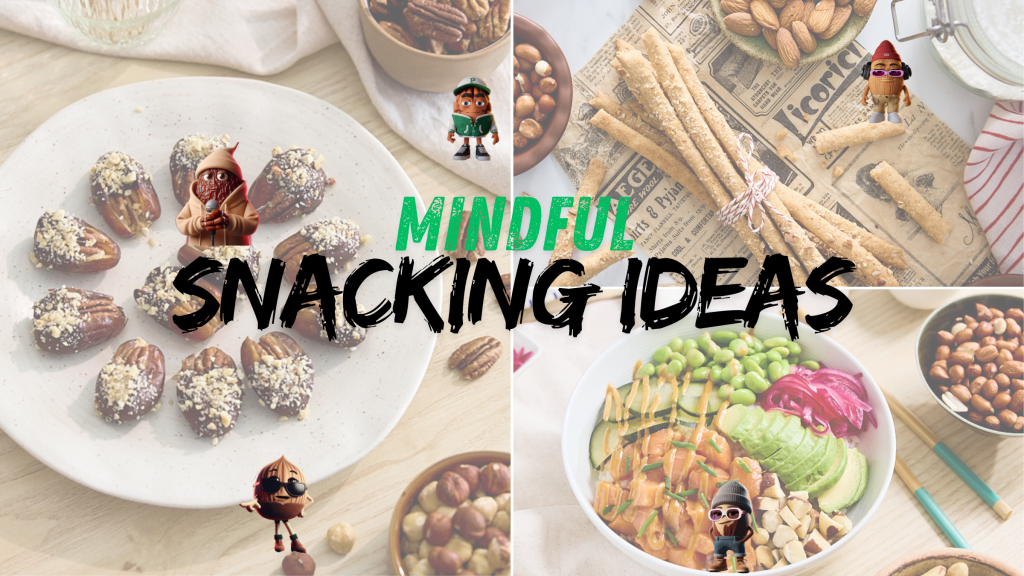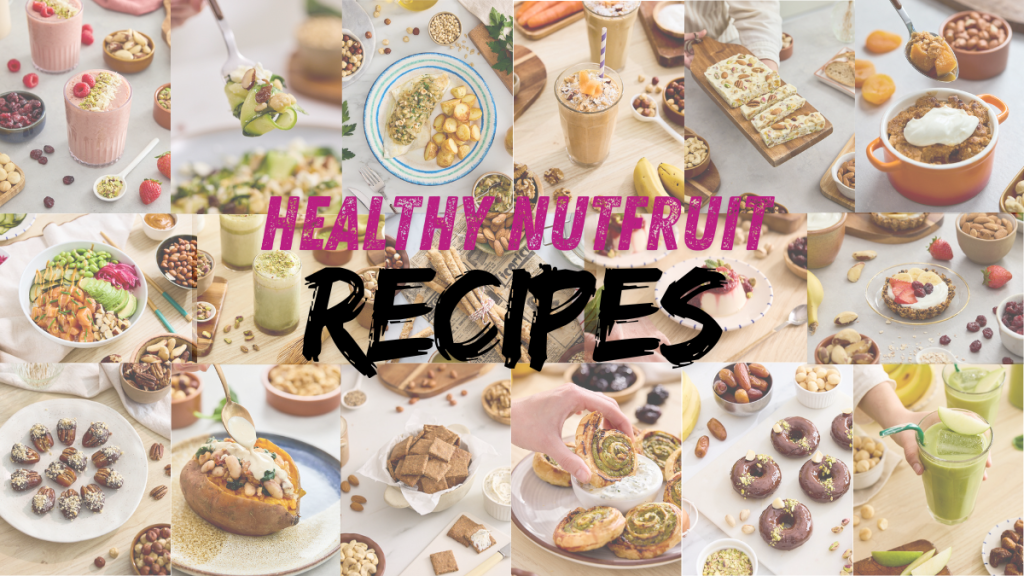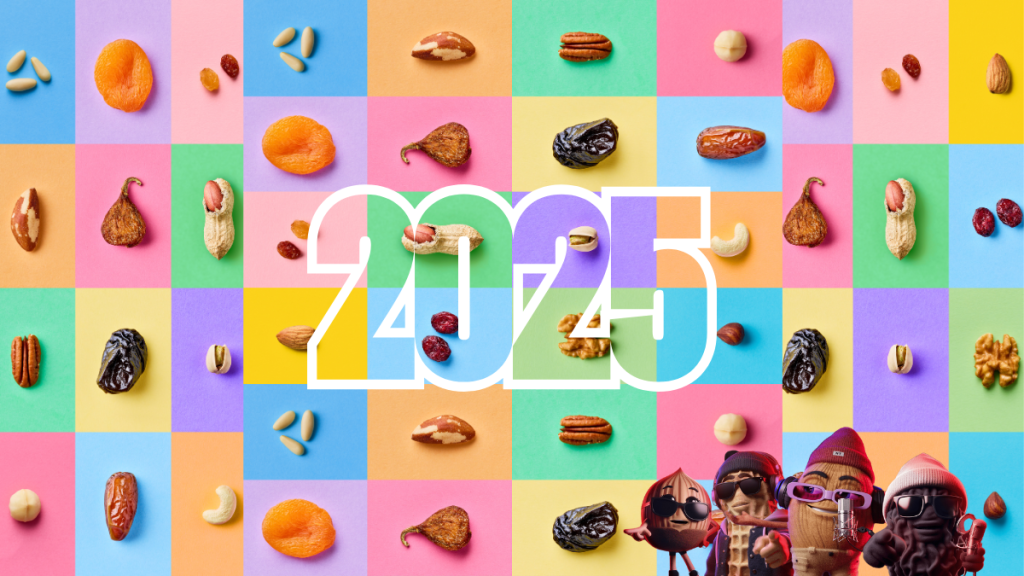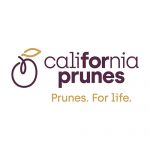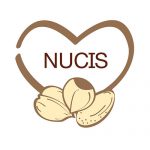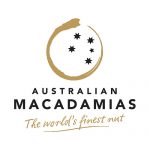Plant-forward eating has been at the forefront of conversation surrounding a healthy and sustainable way of living for a number of years now and, it doesn’t seem to be slowing down any time soon. However, with its rise to the top, myths that surround the plant-based diet have started to swirl. Below, we debunk some of the most common misconceptions that surround this veggie-forward way of thinking.
Plant-based eating is the same as veganism or vegetarianism
The simple answer is NO. A vegan diet excludes all products that derive from animals from the diet and often lifestyle, including dairy, eggs and of course meat, poultry and fish. While a vegetarian diet allows some animal-based products such as eggs and dairy but it does not include meat, poultry or fish. A plant-based diet on the other hand means adopting a way of eating that prioritizes whole plant foods but doesn’t eliminate any food group altogether.
A plant-based diet is restrictive
Quite the opposite! As mentioned above a plant-based diet does not exclude any food group making it rather nonrestrictive. A plant-forward diet means making more of your meals veggie based and eating more plant derived products in general including legumes, vegetables and of course including products such as nuts and dried fruits. A way to think of it is that foods that derive from plants should take up the main portion of your plate and other food groups, such as meat, should be thought of as a condiment. Just take a look at our buddha bowl recipes if you want some inspiration.
You can’t get enough protein on a plant-based diet
Again, this is not the case. Protein can be found in a number of foods therefore; the key to getting enough protein is to ensure that you are eating a balanced diet. Did you know that most nuts are a good source of protein? Nuts such as almonds, walnuts, pistachios, cashews, pine nuts, Brazil nuts, hazelnuts and peanuts are all a healthy source of plant-based protein which means that by adding them into your daily diet they can help you increase your daily protein intake.
You’ll be hungry on a plant-based diet
As above, if you ensure that you eat an overall balanced diet you shouldn’t be feeling those hunger pangs. Many foods that are staple in plant-based cuisine such as fruits, vegetables, whole grains, nuts and dried fruits and legumes are good sources of fiber which is likely to leave you feeling fuller for longer. Also, people who go plant-based also tend to eat less processed foods which means less snacking on sugary snacks and more leaning towards those healthy pick-me-ups. Nuts and dried fruits, for example, make for a great healthy snack for many reasons. They contain many nutrients including fiber, unsaturated fats, vegetable protein, vitamins and minerals which may help reduce overall hunger[1]. And, as well as this there are so many delicious ways to eat them.
So there you have it, four of the most common myths DEBUNKED! If you’re thinking of starting a plant-based diet check out our article A Plant-Based Diet and the Role of Nuts and Dried Fruits to get you started.


